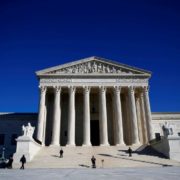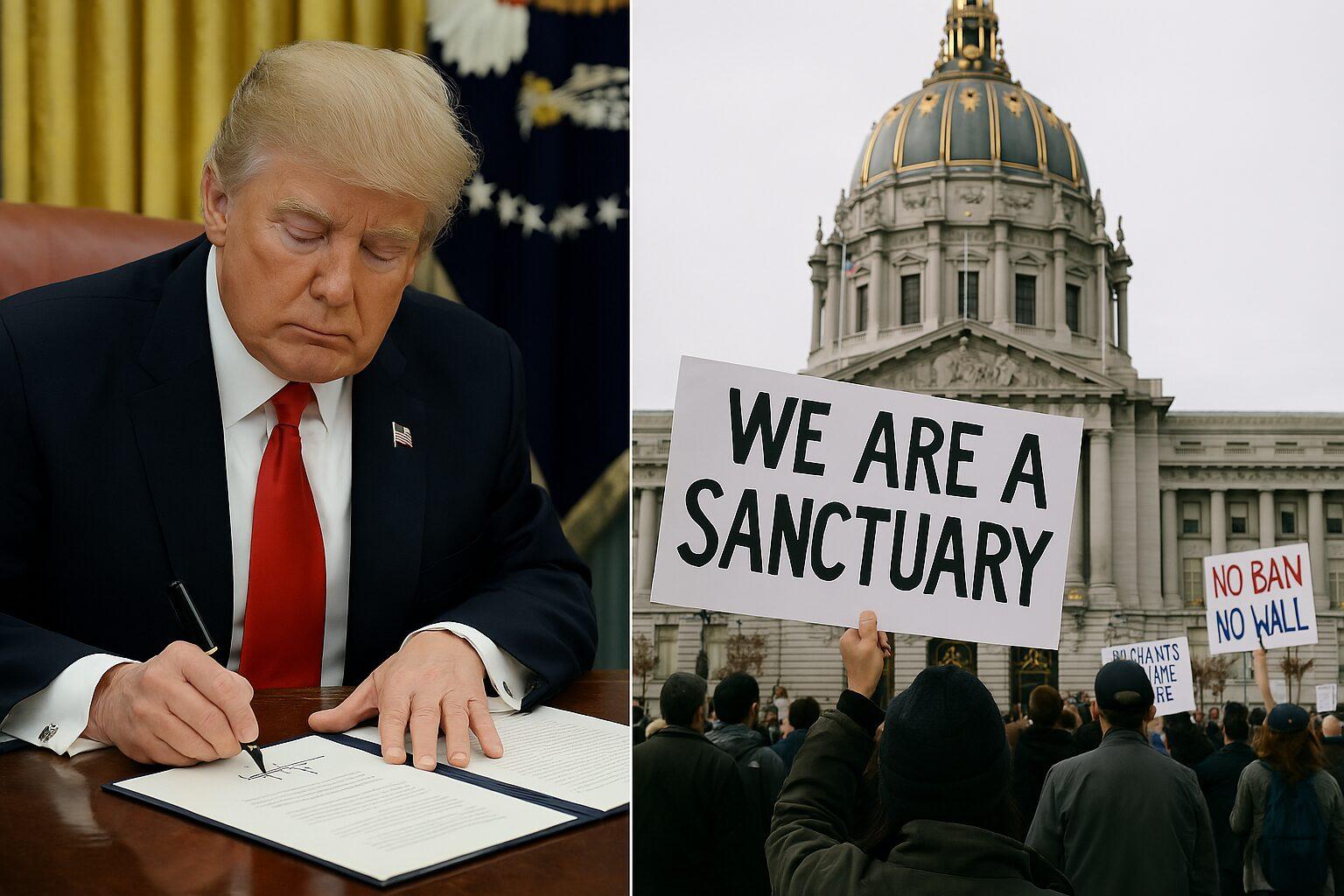IN the middle of Pride Month, the United States Supreme Court on Monday, June 15 ruled that a landmark federal civil rights law that protects workers from discrimination applies to gay and transgender workers.
Supreme Court Justice Neil M. Gorsuch was instrumental to the 6-3 favorable ruling of Bostock v. Clayton County, Georgia, the original case that pondered whether or not firing an employee solely based on their sexuality violates the Civil Rights Act of 1964.
A known literalist of the law, Gorsuch, a Trump-appointed conservative-leaning justice referenced Title VII of the Civil Rights Act in his majority opinion, writing, “Today, we must decide whether an employer can fire someone simply for being homosexual or transgender. The answer is clear. An employer who fires an individual for being homosexual or transgender fires that person for traits or actions it would not have questioned in members of a different sex. Sex plays a necessary and undisguisable role in the decision, exactly what Title VII forbids.”
The original lawsuit was filed by Gerald Bostock who in 2013 was fired for joining a gay softball league and publicly calling for volunteers. Bostock, who worked for the county in a government program that provided help for neglected youth, was then fired for “conduct unbecoming of a county employee,” according to the original audit.
In his majority opinion, Gorsuch said that protections for cisgender workers (people who identify with the sex they were born with) also apply to transgender workers, writing, “Or take an employer who fires a transgender person who was identified as a male at birth but who now identifies as a female.
If the employer retains an otherwise identical employee who was identified as female at birth, the employer intentionally penalizes a person identified as male at birth for traits or actions that it tolerates in an employee identified as female at birth. Again, the individual employee’s sex plays an unmistakable and impermissible role in the discharge decision.”
Joining Gorsuch in the surprising decision include Chief Justice John Roberts (a conservative appointee of President George W. Bush) and Justices Ruth Bader Ginsburg, Stephen G. Breyer, Sonia Sotomayor and Elena Kagan.
Though the decision is a landmark civil rights ruling that sets an important benchmark in the history of LGBT workers rights in the United States, it comes at a time when those within the community, especially black trans individuals, find their very existence especially vulnerable.
Last week two black trans women — 25-year-old Riah Milton and 27-year-old Dominique Fells — were found dead, news that comes two weeks after Tony McDade, a black trans man, was shot and killed by police in Tallahassee, Florida.
Moreover, the court’s ruling comes mere days after the Trump administration issued a new rule that removed an Obama-era rule that protected transgender patients against discrimination by doctors and health care providers. The Trump administration also previously urged the Supreme Court to barr most transgender soldiers from serving in the military.
But the fact that during a time when civil unrest runs rampant across the country and divisions are being planted across political, social and racial lines, the court’s decision on Monday is a major victory for the LGBT+ community.
Award-winning trans writer and activist Meredith Talusan celebrated the Supreme Court’s ruling in an Instagram post, writing that the court’s decision “is deeply personal for me, because I’m one of the many trans people whose lives have been immensely disrupted by job discrimination.”
Talusan, whose widely-praised book “Fairest: A Memoir” details her personal journey as a trans woman, shared in her Instagram post that after she came out as transgender in 2014 she was harassed by a then-coworker. When she tried to report the incident she faced “intense scrutiny because I apparently was not a perfect enough victim.”
“As an immigrant trans woman of color who has had to face numerous obstacles to get to where I am, my ability to tell stories in the face of gross injustice has been my main source of power, and I refuse to give it up both for my sake and on behalf of all trans people,” Talusan wrote.







